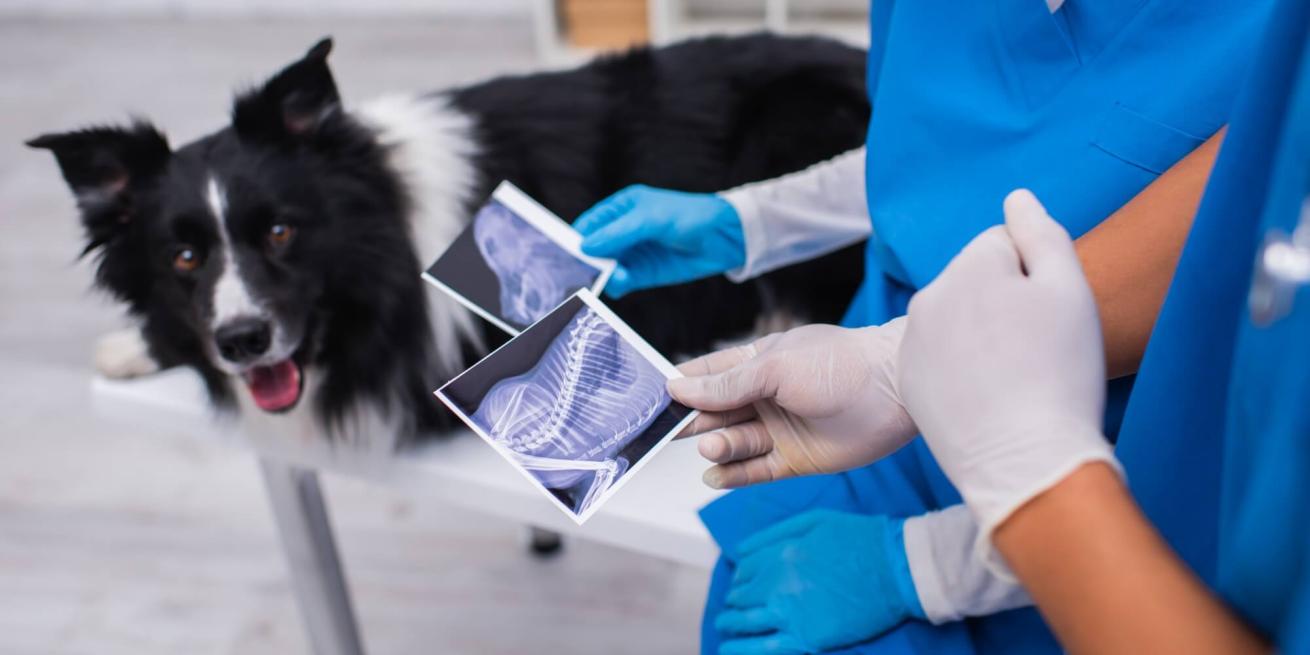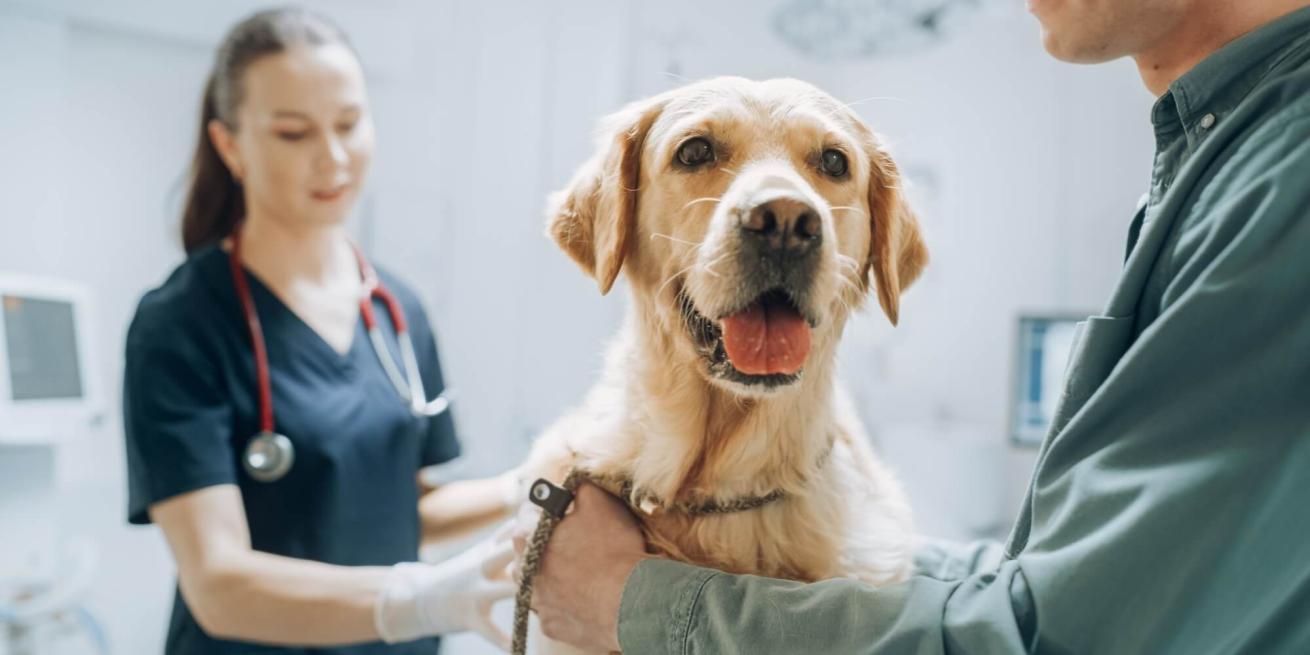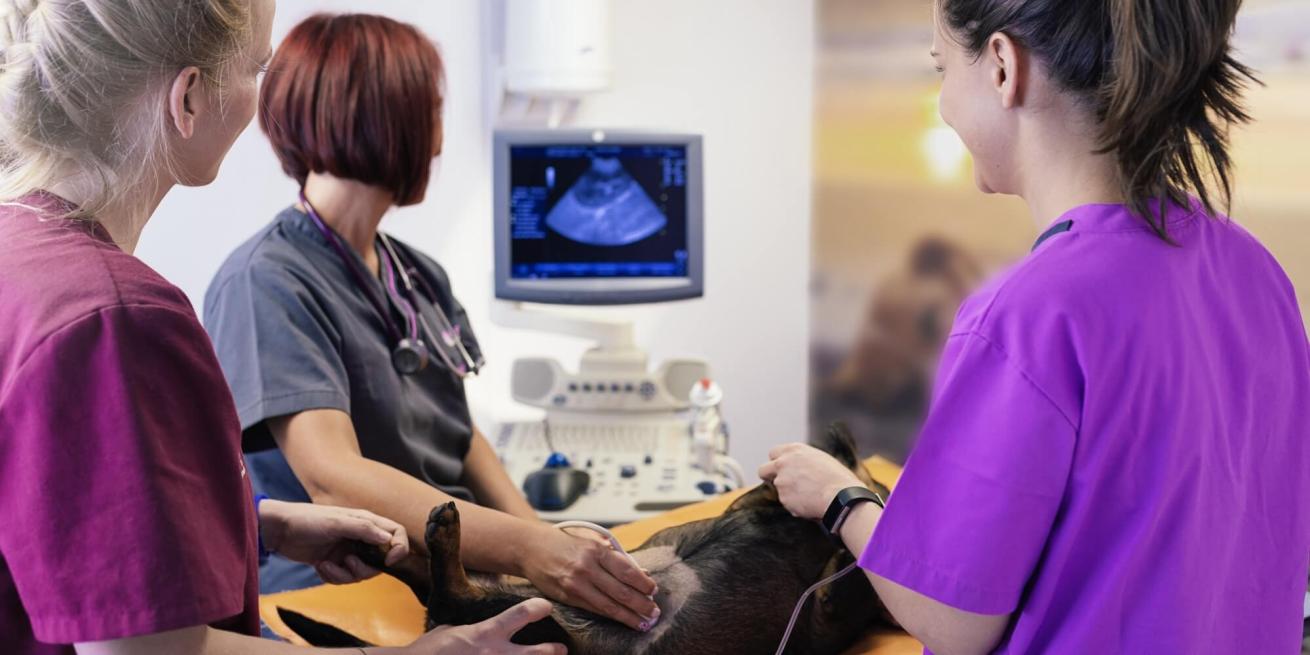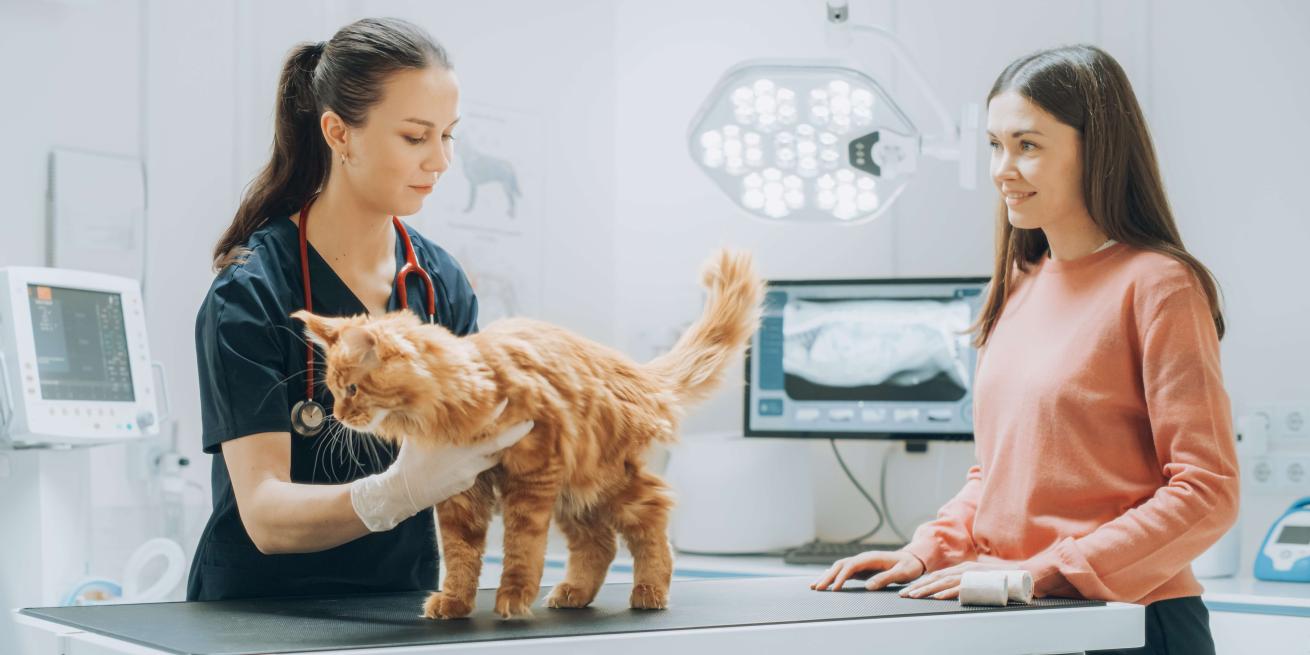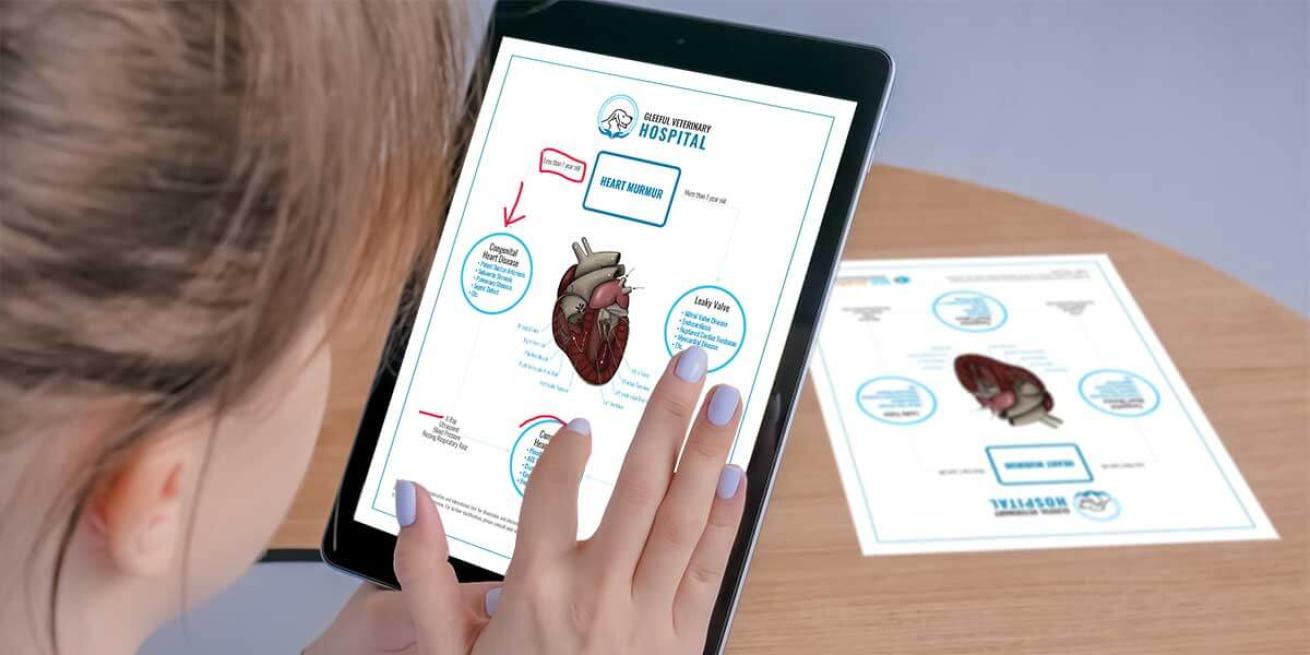The notion of sales within the veterinary field might seem incongruous to many practitioners initially. However, examining various perspectives on sales reveals its nuanced nature within this profession. Renowned sales professionals like Zig Ziglar, Dave Ramsey, and the authors of "Go-Givers Sell More" provide insights that highlight a meaningful connection between veterinary practice and the art of sales.
In the world of veterinary medicine, diagnostics play a crucial role in unraveling the mysteries of our furry friends’ health. Whether it’s a routine physical exam, blood work, x-rays, ultrasound, urinalysis, or other tests, each diagnostic procedure contributes valuable information. It’s not just about uncovering abnormalities- even “normal” results provide valuable insights. The key is to effectively communicate this value to our clients.
Discussing costs with pet owners can be a sensitive and challenging aspect of veterinary medicine. Let’s explore an overview of effective strategies for veterinarians to navigate cost conversations with pet owners gracefully, focusing on transparency, emphasizing the value of veterinary care, and promoting preventative measures to limit future expenses. More details on these and other strategies can be found in our Core Curriculum.
In the ever-evolving landscape of professional development, the choice between in-person and online communication training is a decision many veterinary practitioners grapple with. Both formats offer unique advantages, but the question remains: which is more effective for veterinarians and their staff seeking to enhance their communication skills? This blog explores the distinctive benefits of in-person and online training, shedding light on the value each brings to the table.
While the DiSC personality assessment has proven invaluable in understanding and optimizing internal team dynamics, its application extends beyond internal teams. Administrators can leverage the knowledge of DiSC profiles to positively impact client interactions and elevate the overall client experience.
Communication lies at the heart of effective veterinary care. As veterinarians, our ability to convey information, educate pet owners, and build trust greatly influences the overall well-being of our patients. One powerful tool that aids in fostering clear, consistent, and empathetic communication in the exam room is the use of scripts. Employing personalized scripts during conversations with pet owners is crucial for providing optimal veterinary care and greatly improves your exam room experience. Let’s take a look at why that is.
Veterinary hospitals are constantly seeking ways to enhance their operational efficiency and elevate the level of care provided to their patients and improve communication with their clients. A crucial component of achieving this goal lies in nurturing a motivated, cohesive, and well-rounded staff. This is where DiSC assessments come into play.
Whether we want to admit it or not, as veterinarians communicating with clients is as much our job as treating our patients is. Communication lies at the heart of every successful veterinarian-patient-owner relationship. Clear, empathetic, and effective communication not only helps in diagnosing and treating animals but also builds trust between pet owners and veterinarians. In this guide, we'll explore three crucial aspects of veterinary communication: non-verbal communication, active listening, and collaborative communication.
Effective communication is the cornerstone of a thriving workplace. In the fast-paced environment of a veterinary hospital, communication skills are crucial for the well-being of both the staff and the animals in their care. Communication coaching and the utilization of tools like DiSC assessments can significantly improve teamwork, job satisfaction, and ultimately, the quality of care provided.
In the field of veterinary medicine, effective communication is paramount. This includes providing feedback to peers in a way that fosters growth, learning, and ultimately, better patient care. Constructive feedback can be a powerful tool when delivered thoughtfully and with empathy.
Effective communication and teamwork are essential components of a successful veterinary practice. Understanding the unique strengths and communication styles of team members can greatly enhance collaboration and productivity. It can also help you ensure that everyone is in the right role. One valuable tool for achieving this is the DiSC assessment.
Working in a veterinary hospital can be an incredibly rewarding and fulfilling profession, allowing you to care for furry companions and provide valuable support to their owners. However, just like any job, it comes with its fair share of challenges, including dealing with difficult and rude clients. While most pet owners are respectful and understanding, encountering those who are rude or disrespectful to veterinary staff is not uncommon. Setting healthy boundaries in such situations is crucial to maintaining a positive work environment and ensuring the best possible care for the animals.
In the dynamic and compassionate field of veterinary medicine, every staff member plays a crucial role in ensuring the well-being of animals and their owners. To create a harmonious and efficient team, it's essential to understand the strengths, communication styles, and work preferences of each individual. This is where DiSC Personality Assessments come into play. The DiSC model provides valuable insights into behavioral tendencies, aiding in determining whether veterinary staff are in roles that align with their personalities.
When it comes to the care of animals, we want nothing but the best. Every aspect matters. One often overlooked yet significant factor in this equation is the physical appearance of veterinary staff. Surprising as it may seem, how veterinary professionals present themselves can significantly influence pet owners' perceptions and a pet's comfort level, ultimately impacting the overall experience. Let’s delve into why the physical appearance of veterinary staff matters and why it's crucial for them to put effort into their presentation.
Let’s be honest, employees want to work for organizations that have a clear vision for the future and that focus on effective communication and strong culture. According to a Wiley Workplace Research article that surveyed 5,000+ working professionals at all levels, when those things are present, employees are less stressed and more productive. When these things aren’t present, employee burnout runs rampant.
Everything DiSC conducted a survey that asked the following question: “Consider the current workplace- What qualities come to mind when you think about “leadership?”
The Veterinarian-Client-Patient Relationship (“VCPR”) is the touchstone of modern veterinary medicine. In this relationship, the veterinarian, the client, and the pet each play an important role in quality veterinary care. Having identified a problem with the pet, the client brings the pet to the veterinarian’s attention. The veterinarian uses his or her training and experience to assess the animal and consult with the client on a recommended course of care.
Your clients develop deep bonds with their beloved animals over the years. They can become members of their families, providing unconditional love and unwavering loyalty. However, as much as we wish pets could stay with us forever, they eventually face health challenges and age-related issues. When the time comes to make difficult decisions about an animal’s care, it can be emotionally overwhelming for pet owners.
In the fiercely competitive business world, success often hinges on your ability to communicate effectively with clients, particularly in veterinary medicine. Whether you're part of a small veterinary practice or a large pet hospital, cultivating excellent communication skills can be the key to building strong relationships with clients, securing a steady stream of referrals, and having a good reputation in your community. Impeccable communication can elevate your professional standing and turn unhappy clients into happy clients and happy clients into your evangelists.
As a dedicated veterinarian, you play a pivotal role in safeguarding the health and happiness of your patients while simultaneously educating your clients. While your expertise and compassion are essential, so is clear communication regarding pet care and preventive medicine. Let’s take a look at the impact of effective communication and how it contributes to the well-being of pets.
Effective client education is critical when it comes to building trust with your clients. Pet owners play the ultimate role in the overall well-being of their pets, and providing them with clear and concise information is essential to ensuring they have the tools they need. While verbal explanations are valuable, incorporating VCC.Academy diagrams into veterinary client education can significantly enhance the communication process.
Because I’m a change agent and love to create change when it creates a better outcome, I’m a fan of solving problems. One of my favorite quotes is from Albert Einstein:
We can’t solve problems by using the same kind of thinking we used when we created them.
All too often, we create problems because of the way we think about things and then try to fix those problems without changing the thought process that generated the problem. This is as true for veterinary leadership as it is for leadership (or people, in general) in any organization.

